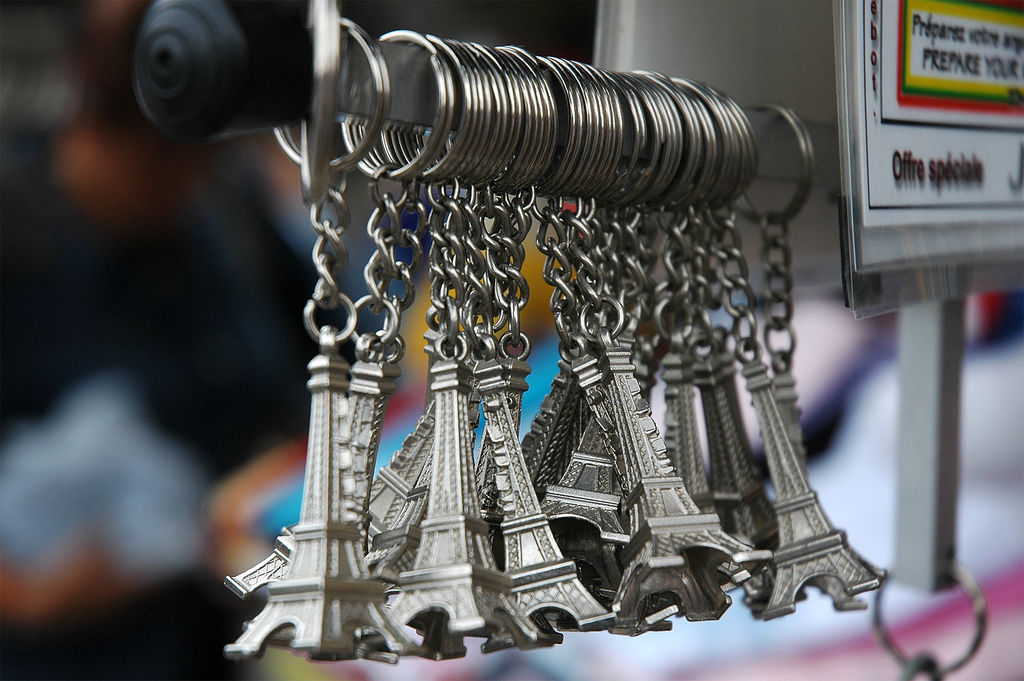When I was younger, I would listen eagerly to the stories of returned travellers.
Their favourite diners in New York City, the small boutiques they’d stumble upon in Paris and the amazing street markets in Spain on every corner. I would hang off their words, and imagine what it was like to be abroad, immersed in a different culture.
I’ve had the opportunity to visit a few of these cities recently and experience the effects of globalization first hand.
It was the start of our trip and a friend and I were in transit on our way to Europe. My friend kept pushing the idea of dancing in the streets of Barcelona while a huge Spanish party kept us awake around the clock. She spoke about being swept off her feet around the canals of Venice on a gondola by a beautiful Italian man named Marco.
The whole time I sat there holding in reserve my true expectations for these cities. This led me to rethink why it was that our expectations were so different of these cities neither of us had ever been to.
There are 515 Dunkin ‘Donuts in NYC, an island with a total area of just over 1200 kilometressquared, meaning that there is a Dunkin’ Donut chain store roughly every two squared kilometres. How many family-owned diners do you think are still in operation right now?
Whilst trade agreements and trade environments are phrases that generally cause eyes to glaze over, their growing impact needs to be acknowledged. When companies want to begin trading in another country, their first consideration is the economic trade environment of that country. If there’s something they don’t agree with in that country’s policies or taxation laws, they’re going to try negotiating these terms to better suit their needs and wants, or go somewhere else.
For example, Apple has found legal ways to allocate roughly 70 per cent of its profits overseas, where tax rates are lower, according to an annual report done by the United States Securities and Exchange Commission.
It’s no shock that corporations prefer to trade in economic environments similar to those that they already trade in, which is what they’re going to aim for when negotiating. As a result, what we can see forming is a universal trade environment, with less and less variation among countries that used to be completely different.
Recently I arrived in Paris expecting to see Haussmann style buildings lining the streets with boutiques on the bottom levels and residents above with pot plants lining the window sills, old men playing the accordion at metro stops and small fashion boutiques around every corner.
Instead what I saw were these buildings completely gutted with a Zara or H&M fitted inside over 3 floors with ‘SOLDES’ plastered across the entire store to let people know that their £5 will get them a top in this store, and that there was no need for them to look any further.
Instead of focusing on locally sourced products and preserving cultural identity, the focus has shifted onto what can be done to maximize the profit. This isn’t a new business policy but what has changed is the accessibility across the globe for resources, such as labour, so that now significant quantities of products are manufactured in on country, for example China.
Buying a rose for your partner as a romantic gesture is something that many people are in the mood to do whilst strolling through the streets of Paris, so now there is a man practically pushing them down your throat on every street corner. Going on that Gondola ride in Venice’s canals is something many look forward to, so now you can’t walk within a kilometre of the Rialto Bridge in Venice without being approached by a man in a striped shirt yelling ‘Gondola rides, much cheap’.
I wonder what they would’ve been doing if tourism rates weren’t so high.
A country’s economic policies are not only a product of their political framework, but also a country’s habits, their history and most importantly their culture.
This forming of a universal economy places restrictions not only on the economic policies already in place, but also on laws that build and support the culture of these nations. Is cultural identity worth sacrificing in order to ensure your country stays competitive in the global market?
The importance of a stable economy is major, as problems such as inflation and unemployment pose as great danger to widening the already vast gap between the ‘haves’ and the ‘have-nots’. Is globalization assisting this widening, or simply allowing corporations to take more and more money from the state?
Maybe I’m holding on to what I imagine these cities used to be when I should be embracing the positives of this shift. I just wish I could have these stories for my children that I was told so young. It was these stories that pushed me to want to travel as much as I do, and it’s these stories of different cultures around the world that I wish I could tell my children when they ask me what a ‘diner’ is in 20 years.
By Rebecca Colquhoun
@christyina_mayc
Image via Flickr user Eugene Wei

